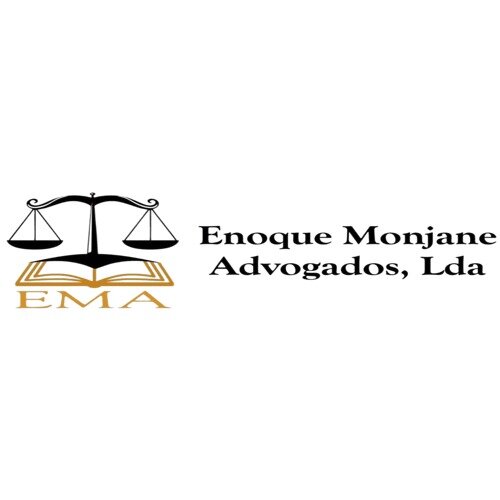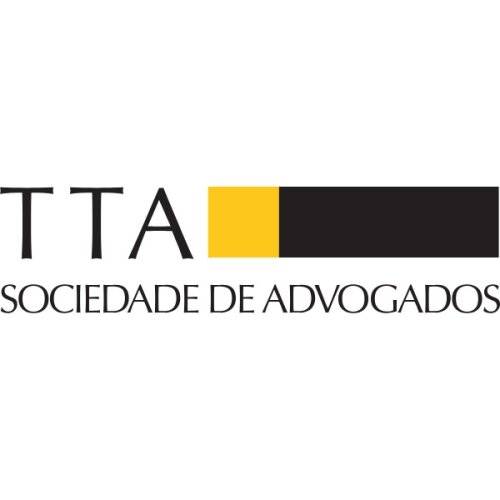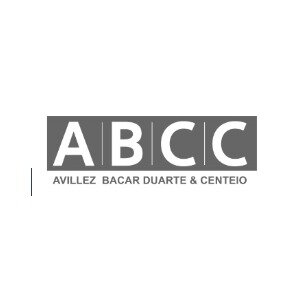Best Restructuring & Insolvency Lawyers in Mozambique
Share your needs with us, get contacted by law firms.
Free. Takes 2 min.
Or refine your search by selecting a city:
List of the best lawyers in Mozambique
About Restructuring & Insolvency Law in Mozambique
Restructuring and insolvency law in Mozambique governs the processes and legal frameworks that apply to individuals or companies facing financial difficulties. These laws set out how struggling businesses or individuals can reorganize their debts or, if necessary, proceed with the liquidation of their assets. Mozambique's legal system in this field seeks to balance the interests of creditors and debtors, promote fair treatment, and foster business continuity where possible. The framework has evolved to provide more robust solutions to financial distress, with recent reforms aiming to improve the efficiency and transparency of insolvency procedures.
Why You May Need a Lawyer
Legal representation is often crucial in restructuring and insolvency matters due to the complexity and potential impact of these situations. People and businesses may need a lawyer in several circumstances:
- If your business is facing financial distress and you wish to explore options to avoid insolvency
- If you have received a notice of insolvency proceedings from creditors
- If you wish to restructure debt through negotiation with creditors
- If you are a creditor seeking to recover funds from a debtor in financial trouble
- If you are an employee whose employer is undergoing insolvency proceedings
- If you need advice on protecting personal assets or liabilities
- If you require assistance navigating the statutory requirements and court processes
In each case, a lawyer can provide strategic advice, draft or review legal documents, represent you in negotiations or court, and help protect your rights and interests.
Local Laws Overview
In Mozambique, restructuring and insolvency processes are primarily governed by the Commercial Code and related regulations. The local system distinguishes between insolvency (where a debtor is unable to pay debts as they fall due) and restructuring (measures taken to reorganize the debtor's obligations and possibly continue business operations).
- Insolvency proceedings can be initiated by the debtor or creditors and are handled by Mozambican courts. - The court may order the liquidation of assets or, where appropriate, approve a restructuring plan designed to repay creditors over time or through asset sales. - The process is overseen by an appointed administrator, and meetings of creditors are held to discuss and approve proposals. - There are statutory rights and protections for employees, creditors, and shareholders, and claim priorities are mandated by law. - Mozambican law also recognizes preventive measures for businesses showing signs of distress, encouraging early intervention.
Recent legal reforms have aimed to encourage business recovery, enhance access to restructuring options, and ensure a prompt and orderly process.
Frequently Asked Questions
What is the difference between restructuring and insolvency?
Restructuring refers to measures taken to reorganize a debtor's obligations, often to facilitate business continuity and avoid insolvency. Insolvency is a formal legal process that occurs when a person or company cannot meet their financial obligations and may result in asset liquidation.
Who can initiate insolvency proceedings in Mozambique?
Both debtors and creditors may petition the court to start insolvency proceedings if the debtor is unable to pay debts as they become due.
Do I need to go to court for a business restructuring?
Not always. Negotiated restructurings with creditors outside of court are possible and often preferred. However, court involvement is necessary for formal insolvency or judicial restructuring procedures.
What happens to employees during insolvency?
Employees have certain protections by law. Salaries and severance owed are usually treated as preferential claims, meaning they are paid out before most other creditors during asset distribution.
How are creditors paid in an insolvency process?
Creditors are paid according to a legal hierarchy, with secured and preferential claims (such as employee wages and certain taxes) taking priority over unsecured creditors.
Can a company continue operating during insolvency?
Yes, in some cases, the court may allow the business to continue operating, especially if there is a viable restructuring plan that could lead to financial recovery.
What are the risks of personal liability for company directors?
Directors can face personal liability for company debts if they act fraudulently or fail to fulfill their legal responsibilities, such as continuing to trade while insolvent.
Are foreign creditors treated differently?
Under Mozambican law, foreign creditors generally have the same rights as domestic creditors, subject to any treaty obligations and recognition of foreign judgments.
Is it possible to avoid insolvency through negotiations?
Yes. Early engagement with legal and financial advisors can help facilitate negotiations with creditors to restructure debts and avoid formal insolvency proceedings.
How long do insolvency proceedings usually take in Mozambique?
The duration depends on the case's complexity, the assets involved, and court schedules. Some cases can take several months to over a year to resolve.
Additional Resources
Several entities can provide information and assistance regarding restructuring and insolvency in Mozambique:
- Mozambican Ministry of Justice
- Commercial Courts of Mozambique
- Order of Lawyers of Mozambique (Ordem dos Advogados de Moçambique)
- Mozambique Bar Association
- Business associations and chambers of commerce
- Licensed insolvency practitioners and legal advisors specializing in commercial law
Consulting these resources can help individuals and businesses understand their rights and the procedures involved.
Next Steps
If you require legal assistance regarding restructuring or insolvency in Mozambique, consider taking the following steps:
- Gather all relevant financial documents and correspondence
- Seek early legal advice to understand your options and obligations
- Contact a lawyer specializing in restructuring and insolvency law
- Assess with your lawyer whether negotiated solutions are possible or if court proceedings are necessary
- Follow your lawyer's guidance closely and ensure you comply with all court deadlines and information requests
Addressing financial distress proactively and with experienced legal support can improve outcomes for you, your business, and stakeholders.
Lawzana helps you find the best lawyers and law firms in Mozambique through a curated and pre-screened list of qualified legal professionals. Our platform offers rankings and detailed profiles of attorneys and law firms, allowing you to compare based on practice areas, including Restructuring & Insolvency, experience, and client feedback.
Each profile includes a description of the firm's areas of practice, client reviews, team members and partners, year of establishment, spoken languages, office locations, contact information, social media presence, and any published articles or resources. Most firms on our platform speak English and are experienced in both local and international legal matters.
Get a quote from top-rated law firms in Mozambique — quickly, securely, and without unnecessary hassle.
Disclaimer:
The information provided on this page is for general informational purposes only and does not constitute legal advice. While we strive to ensure the accuracy and relevance of the content, legal information may change over time, and interpretations of the law can vary. You should always consult with a qualified legal professional for advice specific to your situation.
We disclaim all liability for actions taken or not taken based on the content of this page. If you believe any information is incorrect or outdated, please contact us, and we will review and update it where appropriate.
Browse restructuring & insolvency law firms by city in Mozambique
Refine your search by selecting a city.
















